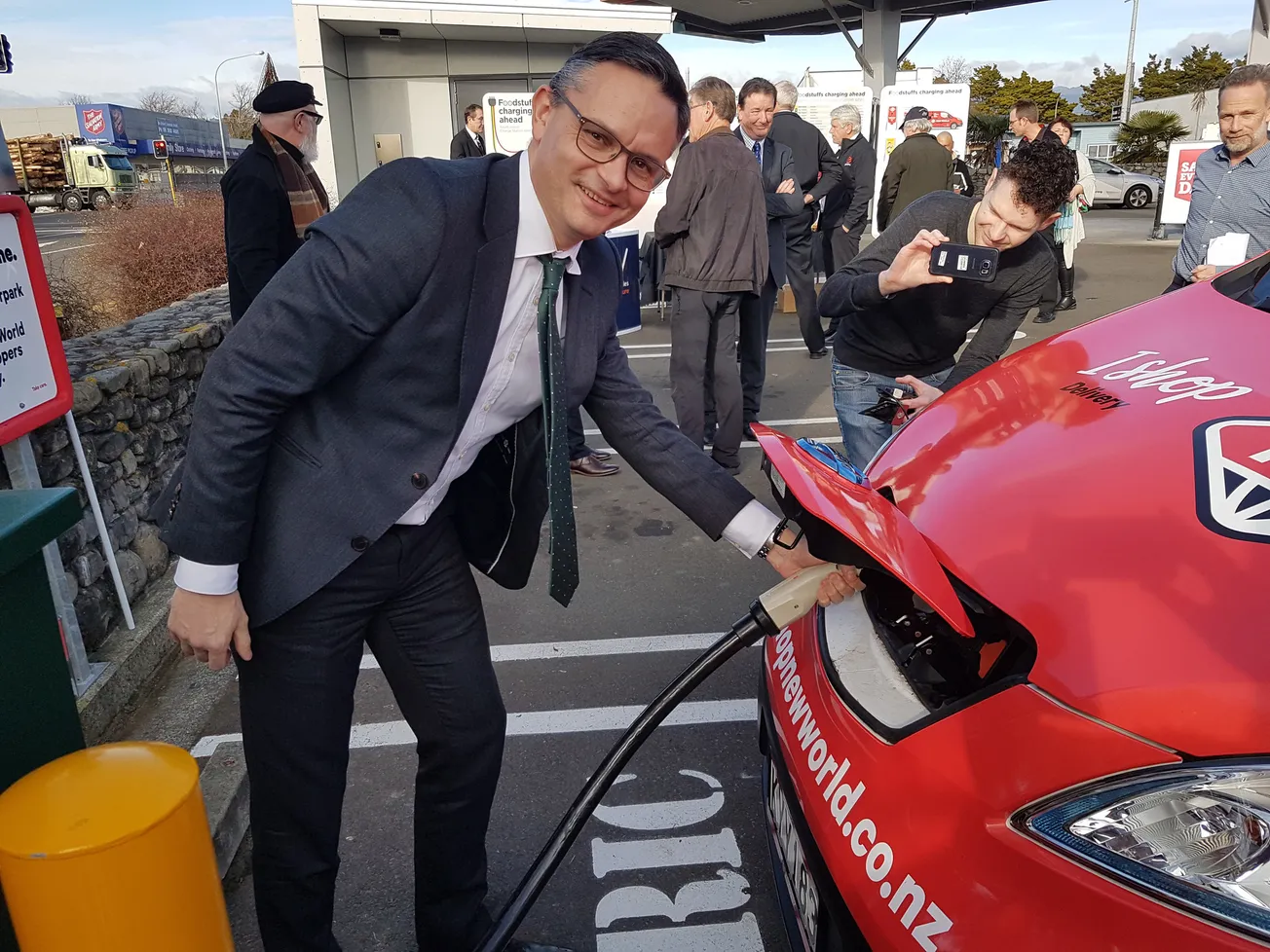Table of Contents
Oh, dear! What are the greenie lefties going to do now? Their most beloved of organisations, the UN has (finally) highlighted the child abuses and environmental devastation involved in the production of batteries for the greenies most beloved means of transport – the EV.
The shift to electric mobility is in line with ongoing efforts to reduce the world’s dependence on fossil fuels, and reduce harmful greenhouse gas emissions responsible for climate change, but a new report from UNCTAD, warns that the raw materials used in electric car batteries, are highly concentrated in a small number of countries, which raises a number of concerns.
For example, two-thirds of all cobalt production happens in the Democratic Republic of the Congo (DRC). According the UN Children’s Fund (UNICEF), about 20 per cent of cobalt supplied from the DRC comes from artisanal mines, where human rights abuses have been reported, and up to 40,000 children work in extremely dangerous conditions in the mines for meagre income.
And in Chile, lithium mining uses nearly 65% of the water in the country’s Salar de Atamaca [sic] region, one of the driest desert areas in the world, to pump out brines from drilled wells. This has forced local quinoa farmers and llama herders to migrate and abandon ancestral settlements. It has also contributed to environment degradation, landscape damage and soil contamination, groundwater depletion and pollution.
If you enjoyed this BFD post please consider sharing it with a friend.









